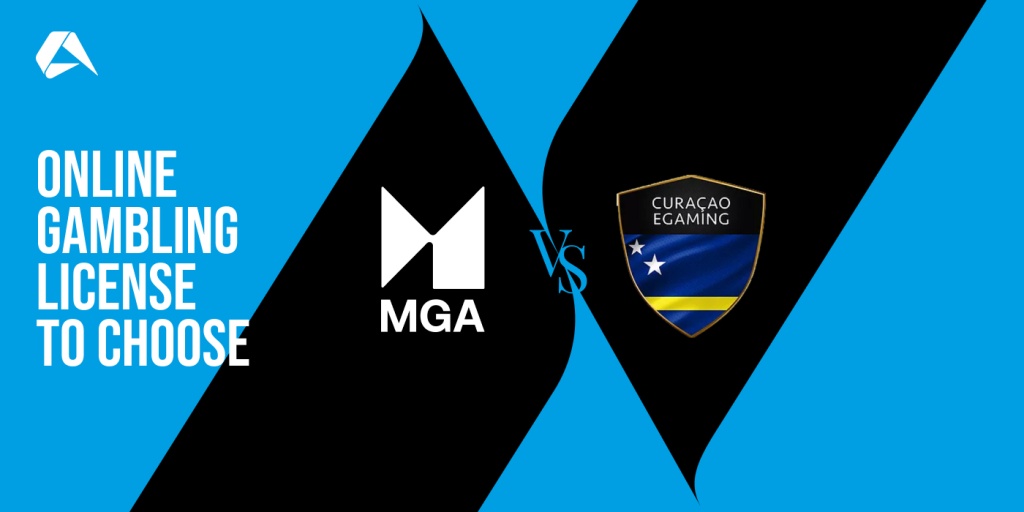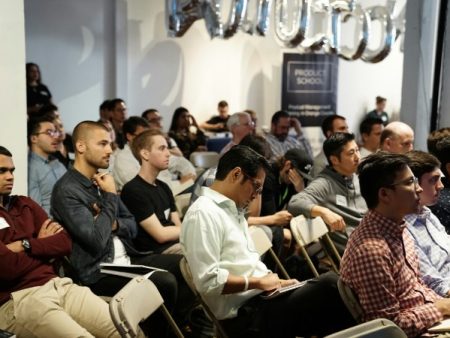According to a report by CasinoNieuws.nl, the Dutch Gambling Authority (Kansspelautoriteit or Ksa) is facing serious obstacles. These challenges involve collecting fines imposed on illegal gambling websites based in Malta and Curaçao. The Ksa has issued over €56 million in fines since the legalization of online gambling in the Netherlands. However, operators have paid only a small portion of that amount.

A major hurdle is the controversial Bill 55, which affects Malta-based operators. It provides legal protection for Maltese gambling companies against the enforcement of fines imposed by foreign regulators. This legislation lets companies to simply ignore financial penalties from Dutch authorities.
Ksa spokesperson Marloes Derks told CasinoZorgplicht.nl that Bill 55 is currently hindering fine collection. But in the long run, this may not hold, as Bill 55 could be in violation of European law.
Companies operating under the licensing framework of Curaçao are also reluctant to cooperate. Outdated licensing structures and a lack of legal cooperation with other jurisdictions continue to undermine enforcement efforts. This persists despite recent reforms and the creation of the CGA, or Curaçao Gaming Authority.
At least eight have direct or indirect links to Curaçao out of the nineteen companies fined by the Ksa between 2023 and 2025. These include well-known operators like Orient Xpress Casino or Equionox Dynamic, Time2Spin or Alimaniere Sociedad de Responsabilidad, as well as Casino Sky or Sarah Eternal S.R.L.
The regulator fined Techno Offshore, the company behind No Limit Bet, earlier this year. It has ties to Curaçao’s legal framework, as does ACR, part of the Winning Poker Network, whose terms and conditions reference Curaçaoan law. The company behind BetCity, Betent, also holds a Curaçao license.
Most of these operations run under so-called sub-licenses issued through one of Curaçao’s four master licenses, such as 8048/JAZ or 1668/JAZ. However, enforcement by Curaçao authorities remains virtually non-existent. This is due to legal limitations and a long-standing tolerance of the unregulated master-sub license system.


